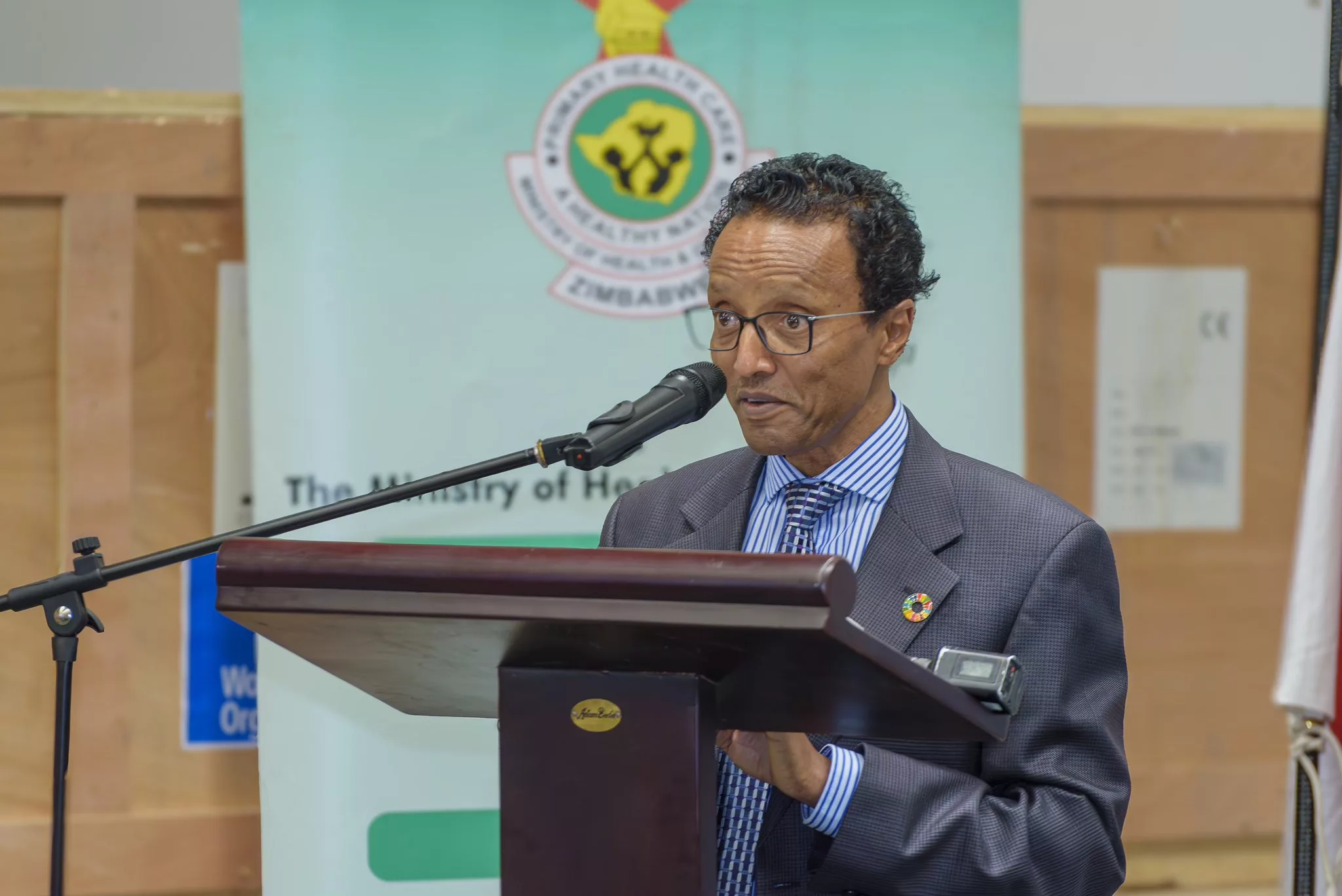|
Getting your Trinity Audio player ready...
|
Writes Lloyd Rabaya
It’s 11:00 PM on the streets of Harare. The only sound comes from bass-heavy echoes from nearby nightclubs and intermittent hushed drives. On the pavement of one building, a group of young people hurdle together while some cover themselves in cardboard boxes to ward off the cold despite it being summer.
This group is at risk, not only from the freezing weather but from a deadly epidemic, HIV. Several vices expose them to the risk of HIV. This ranges from drug and substance use, sexual exploitation, and rape among a host of other ills.
“Most of us did not acquire HIV and AIDS willingly, but the situation forced us to have unprotected sex because either we are forced or we just need the money,” narrated Tadiwanashe Chiutsi (not real name), as her voice cut through the dark.
Tadiwanashe, now 30, started living on the streets in 2008. Her father met a tragic end and her mother could not fend for her and her four siblings. To take care of her siblings, Tadiwa had to make a plan. She became a sex worker on the streets.
“I acquired HIV from a white guy named Charle who is well-up,” Tadiwanashe bellowed in anger. “He never used protection on any girl he went to his house with because he claimed he would get a rash on his manhood.”
Desperate for the money, girls like Tadiwa are left with no choice, as Charle pays either US$50 or US$100 for a short-time service, which normally costs a meagre US$5.
Tadiwanashe accepted because she needed to care for her child and buy basic needs.
“I also paid someone who cared for the child while I was working,” she said.
As fate might have had it, Tadiwanashe only learned about her HIV status when she was carrying her second child, even though she had anticipated it. According to Tadiwanashe, most of the young people living on the streets are living with HIV as they usually engage in unsafe sex. Fortunately, both her children are HIV-negative as she received antenatal care at local hospitals.
Tadiwanashe’s experiences are just but a drop in the ocean of the numerous struggles many girls living on the streets encounter daily. Like Tadiwanashe, 24-year-old Tadisa Moyo (not real name) also came across men who paid large amounts for unprotected sex and she would be left with no option as she needed food for her child.
Her grandmother passed on in 2015, and she started living with her late mother’s younger sister in Gweru. The aunt forced her into sex work.
“If I came back home without money, I would get beaten up and she would not give me food,” the soft-spoken young woman narrates, in a very innocent voice.
Moyo, who never knew her parents, was forced to drop out of school that year as her aunt would not pay for her fees.
A fellow sex worker, who lived on the streets, convinced Tadisa to join her on the streets where she would engage in unsafe sexual practices until she moved to Harare in 2017.
“In 2019 a certain man lured me and started renting a room for me in Epworth until I got pregnant,” narrates Tadisa, in teary eyes. “He ran away when the baby was three months old.”
Left with no plan, Tadisa came back to the streets and resumed her nightlife to fend for her child who tragically passed on last month. Tadisa was never interested in getting access to HIV services as her life on the street made it difficult as she feared stigmatization. She only got tested when she was pregnant.
Due to stress, Tadisa usually defaults to Anti-retroviral (ARV) medication for months. When her health starts deteriorating, she then bounces back.
On the lawless streets, Tadisa is not spared from physical and sexual violence, especially from the males.
“Sometimes men violate us. If we refuse their demands, they beat us up and force themselves on us and still refuse to pay,” she added.
To momentarily escape the harsh world, Tadisa would sniff glue and sleep for the whole day. In that state, some men would have unprotected sex with her.
“When I wake up in the evening, I feel very powerful and continue with my nightlife. Only a few who feared HIV would use protection,” she continued.
As the country, and the world at large, try to achieve an HIV-free generation by 2030, people living on the streets, especially females are often secluded.
The 2021-2025 National HIV Strategic Plan revealed that as of 2018, about 83 000 adolescent girls and young women (AGYW) aged between 15-24 were living with HIV, compared to around 47 000 adolescent boys and young men.
“The high number of HIV-infected AGYW is a reflection of gender inequality challenges that this group faces including Gender-Based Violence (GBV), child marriages, early sexual debut, adolescent pregnancies, inter-generational sexual relationships, poverty and failure to negotiate for safer sex,” read part of the report.
The Convention of the Rights of the Children stipulates that children have a right to protection, against all forms of sexual exploitation and other forms of maltreatment.
For young people living on the streets, one can start engaging in sex from as early as 13 years old due to a plethora of reasons, usually because of seeking survival.
Speaking in an interview with this publication, Ministry of Health and Child Care Director of AIDS and Tuberculosis, Dr Owen Mugurungi reiterated that they use the same channels to provide HIV/AIDS services to people living on the streets as the general populace.
“We also expect the responsible agencies and ministries to take action to reduce their vulnerability and risk to HIV,” he said.
Even though the government through Public Works, Labour, and Social Welfare tries to send these young people to children’s homes, they often find their way back to the streets citing maltreatment.
While the country achieved the 95-95-95 targets, more work still has to be done to ensure that HIV/AIDS does not keep cycling amongst this often stigmatised and discriminated group. The 95-95-95 targets are a set of goals by the UNAIDS to make sure that 95% of people living with HIV know their status, 95% of the people who are living with HIV receive antiretroviral therapy, and, 95% of those receiving antiretroviral therapy will have viral suppression.






